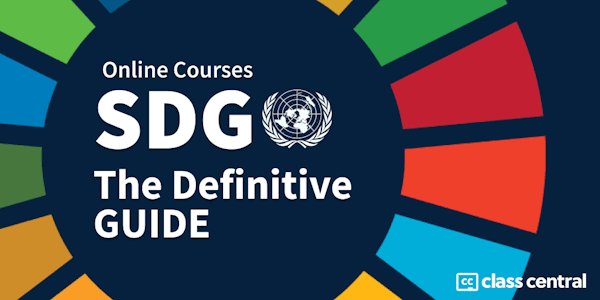How can poor societies become prosperous and overcome obstacles to do so? Professor Sir Paul Collier is one of the world's leading scholars on this question, and in this economics course you will have the opportunity to learn from him directly.
This course will discuss and examine the following topics:
- The role of government and the key political, social and economic processes that affect development;
- Why societies need polities that are both centralised and inclusive, and the process by which these polities develop;
- The social factors that are necessary for development, including the importance of identities, norms, and narratives;
- The impact of economic processes on development, including discussion about how government policies can either promote or inhibit the exploitation of scale and specialisation;
- The external conditions for development, including trade flows, capital flows, labour flows and international rules for governance.
Enrol in this course to understand the factors that influence economic development and the different development paths that countries across the world have taken.






